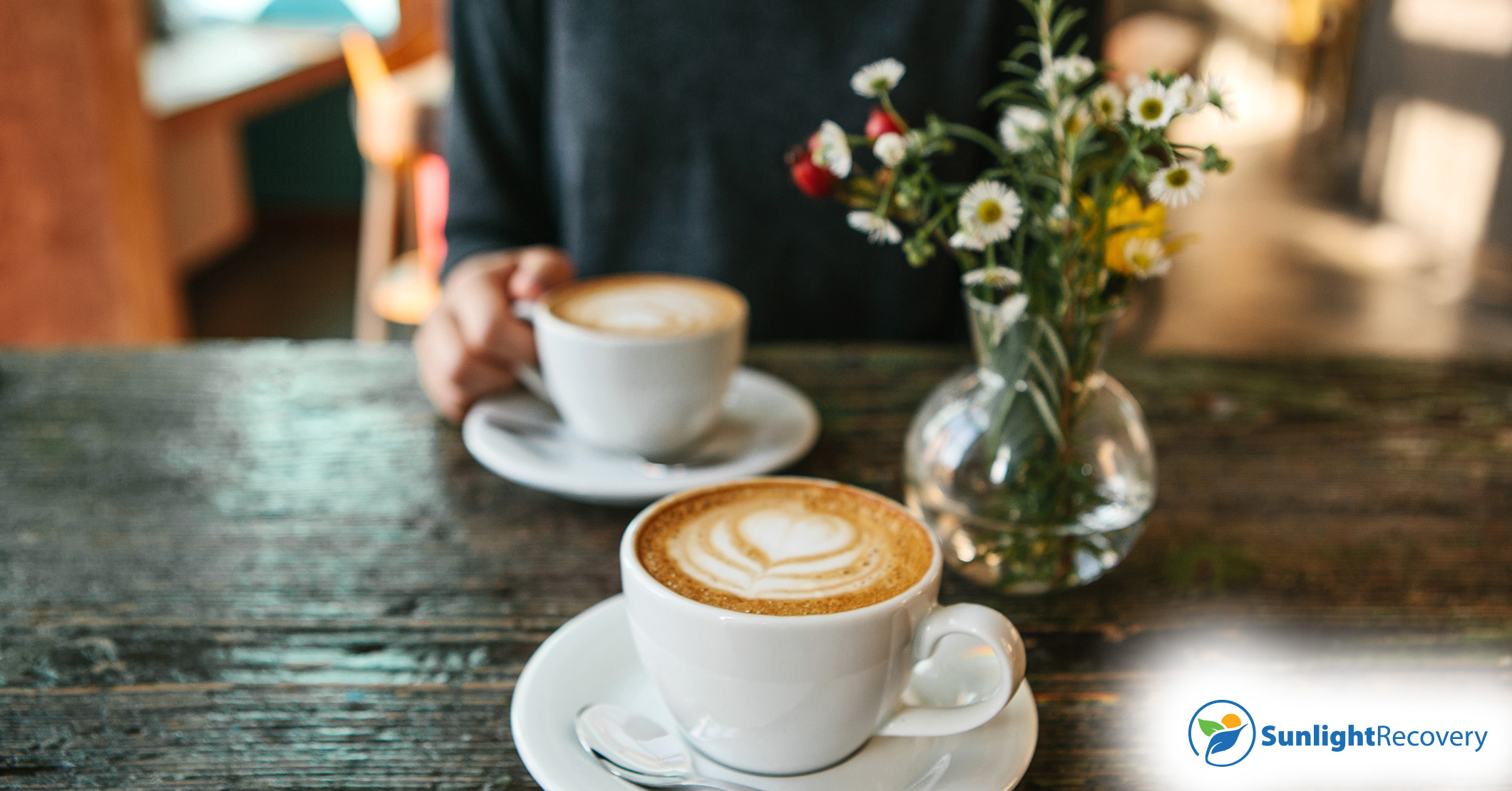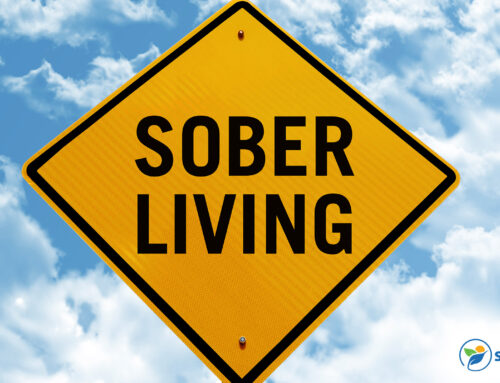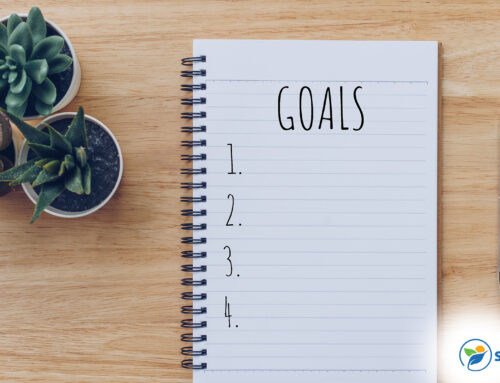The Challenges of Dating With Social Anxiety
Dating can be a daunting experience for anyone. Feeling nervous while getting to know a potential romantic partner is a natural part of the process.
When you’re struggling with social anxiety disorder, however, it means a lot more than butterflies in your stomach and sweaty palms. Starting a relationship with someone new can feel impossible when you’re already anxious in social situations, especially when the fear of rejection makes you avoid approaching people altogether.
With the right mindset, you can build up a kit of dating social anxiety tools to help you form meaningful relationships. Let’s take a look at how to overcome your dating anxiety.
Facing Your Fears
One of the biggest hurdles of dating with social phobia is making that first move. The fear of romantic rejection can be paralyzing, especially when you already feel by your anxiety symptoms.
Here’s the thing to remember, however: Rejection is a perfectly normal part of dating. Everyone experiences it at one point or another, and it doesn’t reflect your self-worth. It’s just another part of the learning process that will help you evolve as a person.
As with anything, practice makes perfect, and the best way to practice initiating contact is to start small. Strike up small talk with strangers in low-stakes environments such as the supermarket checkout line. Eventually, you can try joining a hobby group or club, online or in person, where you’ll meet like-minded individuals and bond over your shared interests. With every positive interaction, your confidence (and comfort zone) will expand incrementally.
Remember, the easiest way to defeat your fears is to face them head-on. With enough practice, you’ll learn to let rejections roll off your back instead of hiding from them.
Relaxation Techniques and Coping Mechanisms
Whether you’re getting ready to ask someone out for the first time or heading out for your first date, here are a few time-tested strategies for coping with dating anxiety.
- Get a move on. Breaking a sweat is one of the best ways to release pent-up nervous energy and negative emotions. It also gets those feel-good endorphins flowing, giving you a more positive and confident mindset.
- Pump up your favorite playlist. Upbeat music is a major mood booster and stress-reliever, but it’s also the perfect distraction as you’re getting ready. It’s hard to find time to overthink or second-guess yourself when you’re dancing and singing into your hairbrush.
- Learn to breathe better. Many of the physical symptoms of social anxiety, such as dizziness and weakness, are caused by hyperventilation (rapid breathing). Chances are you don’t even know you’re doing it. Simply being more aware of how you’re breathing and following deep breathing exercises will dial down your body’s panic meter and calm you down.
- Comfy clothing = confidence. “Dressing to impress” only works if you feel good in your clothes. It’s very hard to feel relaxed when you’re getting to know someone if you’re wearing something that pinches, hurts or needs constant adjustment. Always wear what makes you look as good as you feel — and feel as good as you look.
- Quit the negative self-talk. Your thoughts are the source of your mood and emotions, so pay attention to the conversations you have with yourself. This is especially important when you’re feeling anxious or worried, because this is when the voice in your head tends to be the loudest. A pessimistic, critical and overly judgmental inner voice is damaging to self-esteem. Likewise, a positive, affirming inner voice can build your confidence and feelings of self-worth. When you’re kinder to yourself, it’s easier to manage negative emotions like stress and anxiety.
- You’re not nervous; you’re excited. At least, that’s what you should tell yourself. Excitement feels almost identical to nervousness, except one comes with positive emotions and the other negative. Research has shown that people who reframe their nervous mindset to one of excitement had less performance anxiety than those who were told to calm down.
Dating Social Anxiety Tools
Once you’ve managed to meet someone you feel comfortable going on a date with, you’ve already taken a huge step toward overcoming your fears. Here are a few tips on how to plan a great first date with social anxiety.
- Keep it friendly. First-date jitters are usually the result of investing yourself emotionally too early on. When you feel like your whole future rides on the outcome of this one encounter, the fear of messing up can be paralyzing. Remember, dating is supposed to be fun! The serious stuff (if it happens) comes later. Instead of acting like you’re already in an exclusive romantic relationship, think of it as meeting up with a friend to hang out. You’ll be less nervous from the get-go when you take all that unneeded pressure off yourself.
- Low-key is key. When you’re already anxious, it’s okay to avoid situations that tend to worsen your anxiety. You don’t have to dive headfirst into a dinner date at the hottest spot in town. Instead, suggest quieter activities that put you at ease, whether it’s grabbing coffee at a cozy cafe or taking a leisurely stroll in the park.
- Let them do the talking. Great news for people who struggle with shyness: Studies suggest that the more questions you ask someone, the more they’ll like you! Being a “good listener” is a highly valued character trait. Preparing a few open-ended conversation starters (and follow-up questions) ahead of time can keep the conversation flowing and help you both feel more at ease.
- Be true to yourself. Trying too hard to impress your date adds unnecessary tension. You’re setting unrealistic expectations for yourself that will be impossible to live up to, especially if the relationship progresses. Instead of molding yourself into what you think the other person is looking for, just be yourself. Showing your imperfections and opening up about your flaws makes you more relatable. When you’re authentic, you’ll naturally be more at ease with both your date and yourself.
Ask for Help If You Need It
If your social anxiety symptoms are interfering with your ability to form meaningful relationships, don’t be afraid to reach out for support from friends, family or a mental health professional. Talking to someone who understands what you’re going through can provide valuable reassurance and guidance. Our compassionate team here at Sunlight Recovery is available 24-7 to help, so reach out to us today.






